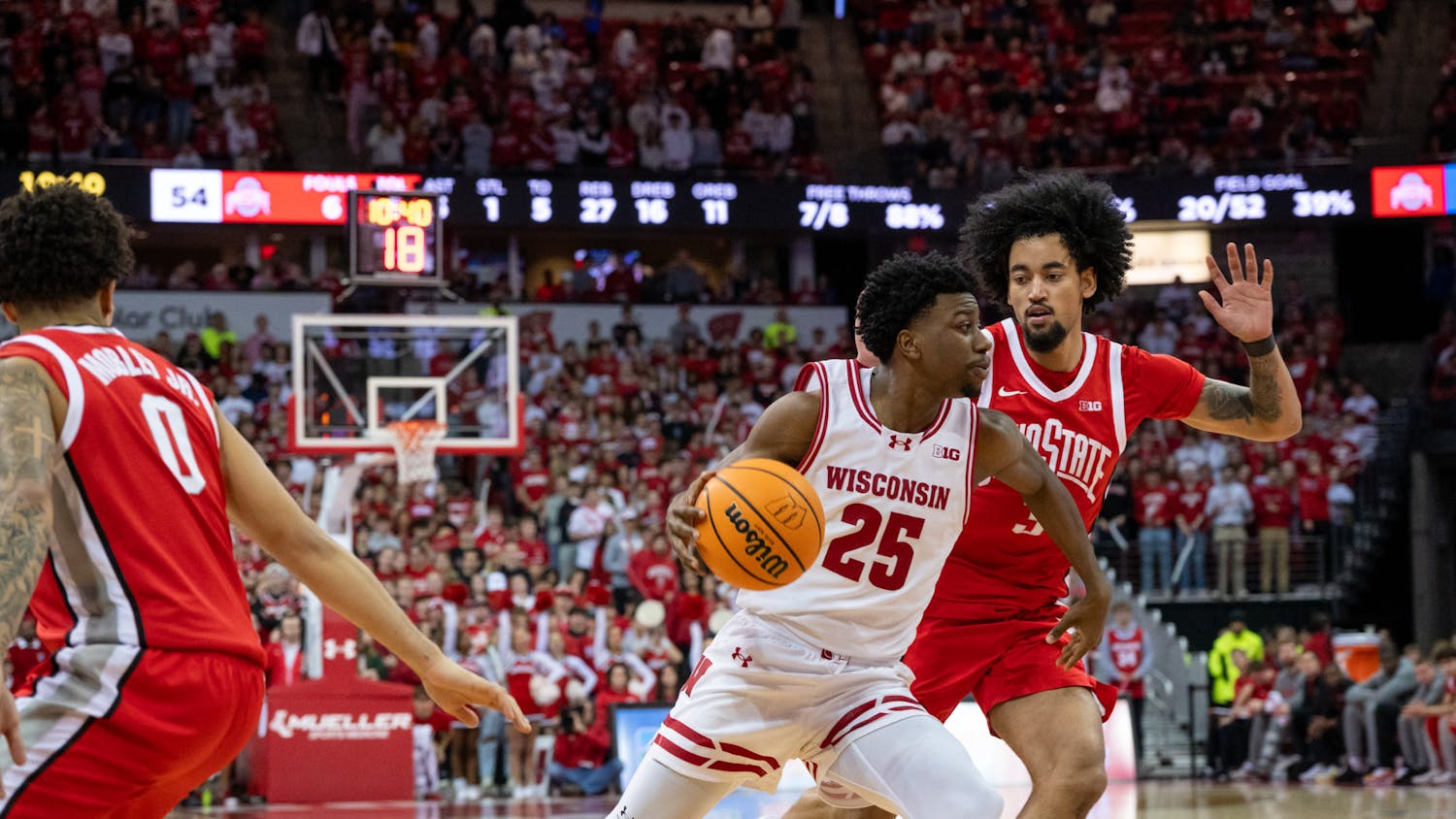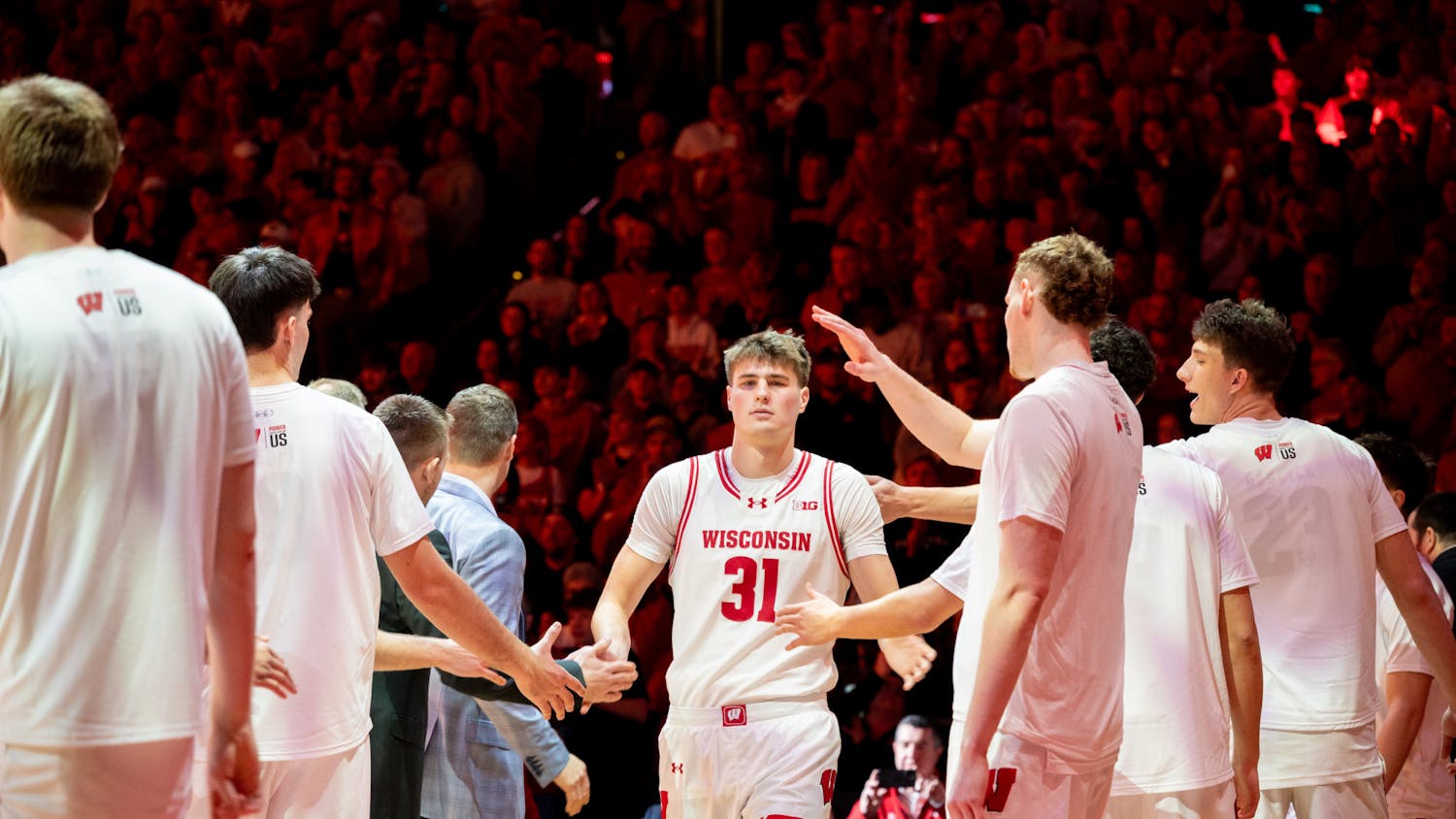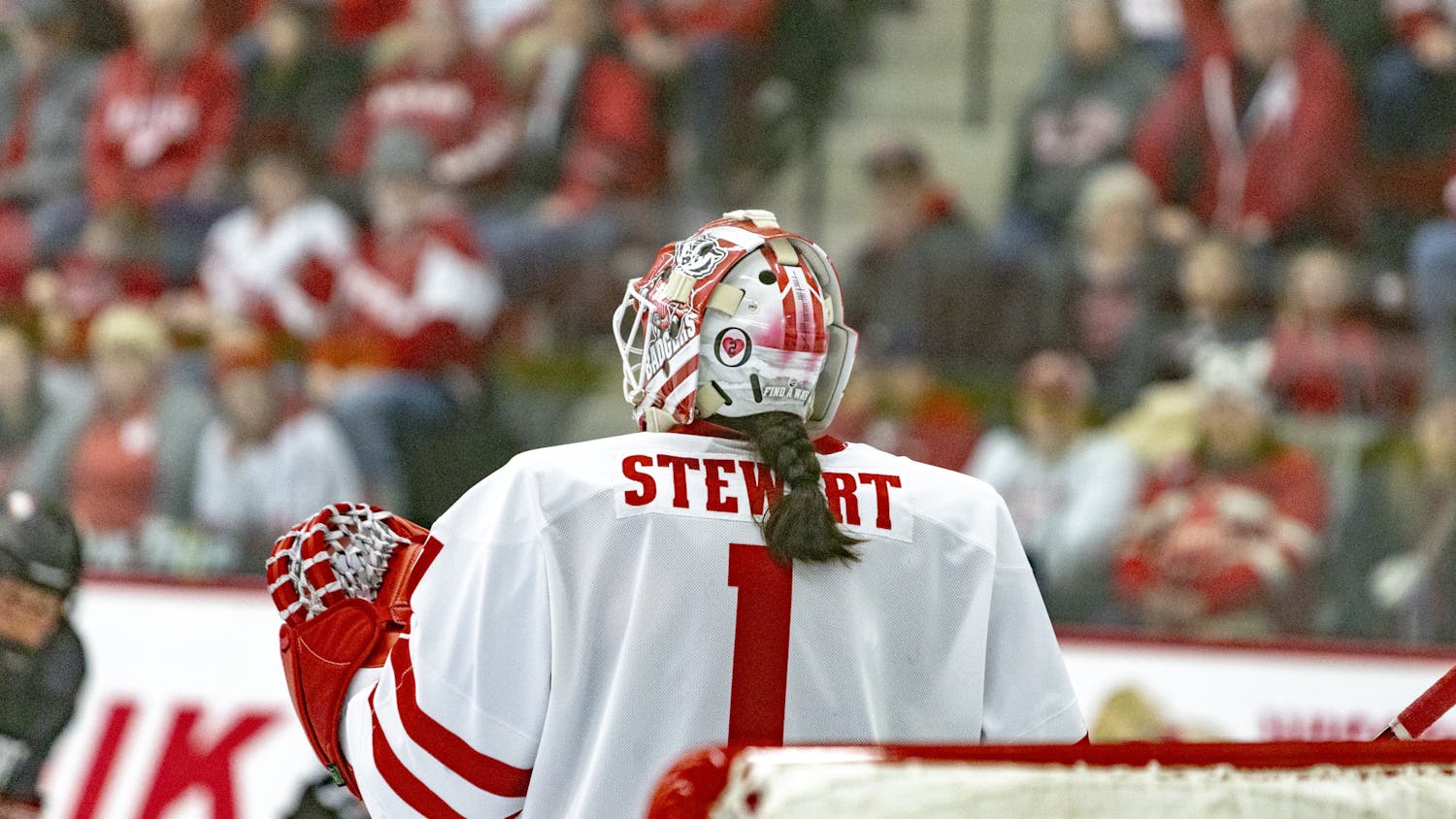Let’s all give some kudos to the NCAA. It has somehow managed to challenge the NFL’s level of hypocrisy, something not thought possible in the last month with pro football’s chronic domestic violence issues.
Oh, what fun it is to watch these two institutions jockey with each other as they steamroll to the depths of public opinion. The NCAA is a crock of bullshit on a variety of issues, but for now, I’ll limit my scope to the several recent NCAA autograph “scandals.”
The word “scandals” deserves to be in quotation marks, because even though that’s how the media has referred to them, they’re nowhere near as serious as an actual scandal. It’s just another example of the NCAA trying to make something out of nothing, standing on a pedestal shouting, “Hey, look, we take these things seriously,” as its authority simultaneously unravels.
At the center of this latest autograph investigation is Georgia’s Todd Gurley. The standout running back was suspended two weeks ago after an autograph dealer, Bryan Allen, allegedly paid Gurley $400 to sign memorabilia.
The story goes that after Allen found out Gurley did a similar thing with several other dealers, he got pissed and tried to inform several sports media outlets of Gurley’s rule-breaking. With more authenticated Gurley autographs on the market, the “stuff has lost a ton of its value,” he wrote in an email to Deadspin.
Since the media didn’t pick up on it, it appears Allen went straight to the source and told Georgia. NCAA rules state if a school has knowledge a player possibly committed a violation, the player must be suspended while the investigation takes place. So down goes Gurley’s Heisman campaign season, all thanks to some memorabilia dealer’s personal vendetta.
Gurley knew the rules and broke them, yes. But this is a matter of principle. It all goes back to last summer’s Ed O’Bannon trial, which among other things, ruled the NCAA could not prevent schools from creating a trust fund to pay football and men’s basketball players (revenue sports) equally for their names, images and likenesses.
But, and it’s a huge but, the ruling did not prevent the NCAA from prohibiting a player to individually market his name, image and likeness. In the trial, the NCAA successfully argued that it wanted to prevent “commercial exploitation” of student-athletes. Which means the decision currently has no bearing on the Gurley situation.
So commercial exploitation, huh? According to USA Today, the NCAA profited nearly $61 million in the 2013 fiscal year to bring its end-of-year net assets up to approximately $627 million. Players recoup none of that.
The term “student-athlete” is a loaded one, and despite the NCAA’s original intentions, the vast majority of revenue sports players have become more athlete than student. Every star player is a marketing commodity, an icon for the athletic department and the university as a whole.
I’m not saying college athletes should get paid a salary. That could potentially open up a can of worms with unforeseen consequences.
But all college athletes should have the ability to market themselves individually. If the NCAA and every athletic department can use a superstar like Gurley to promote an upcoming game, then why can’t Gurley profit from his own name, too?
It’s outrageous that a generic red and white Wisconsin football jersey with a No. 25 slapped on it nets Badger athletics thousands of dollars in merchandise revenue while Melvin Gordon, the person who makes that revenue possible by putting on that same jersey and performing at an elite level, gets nothing.
Everyone knows the generic No. 25 Wisconsin jersey is intended to be Gordon. The NCAA just circumvents the issue by not printing his name on the back. That’s commercial exploitation.
Surely there would be situations where an athlete makes a deal with some sleazy salesman and ends up not getting his fair share. But if a college athlete wants to get involved in something like that, the choice should be his, not the NCAA’s.






